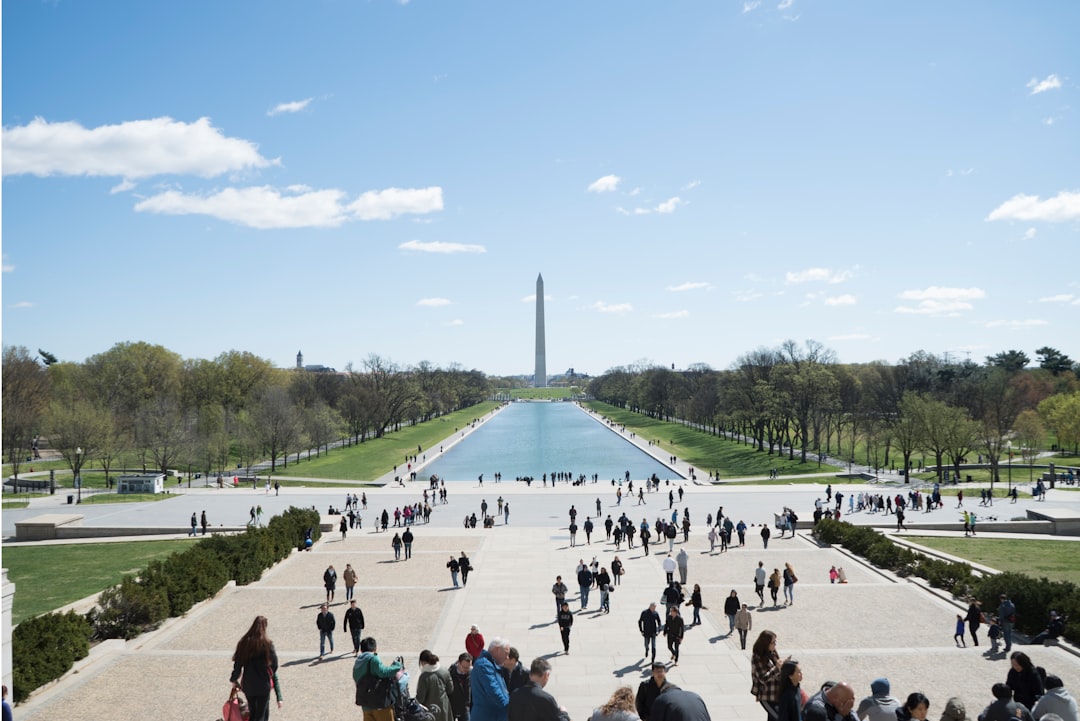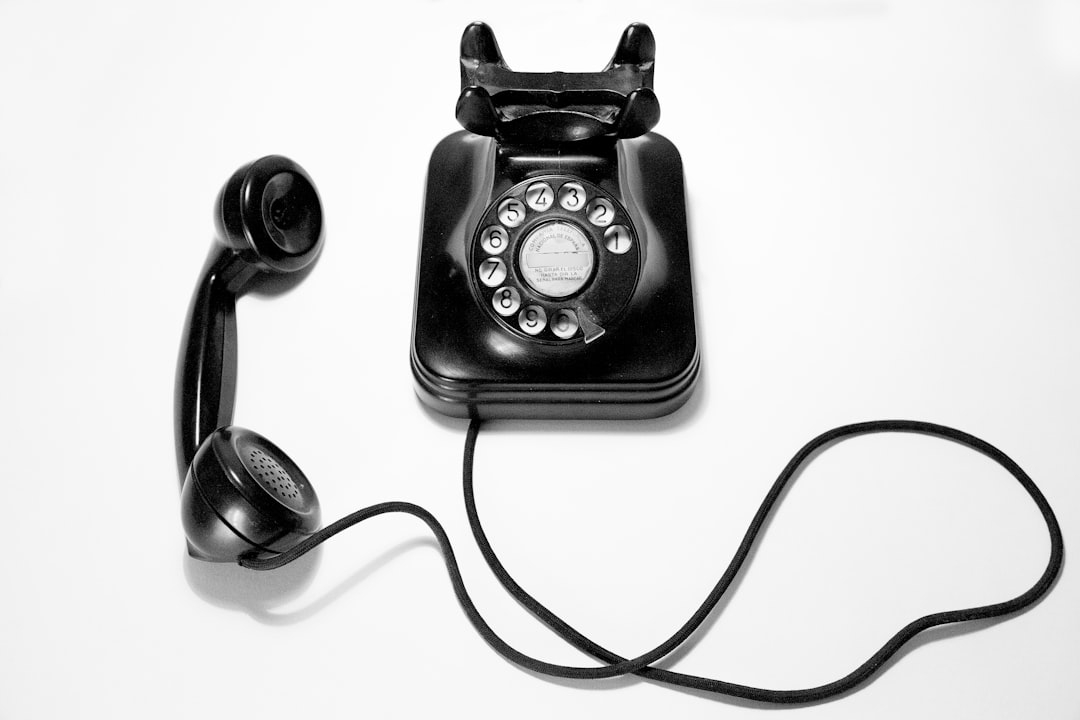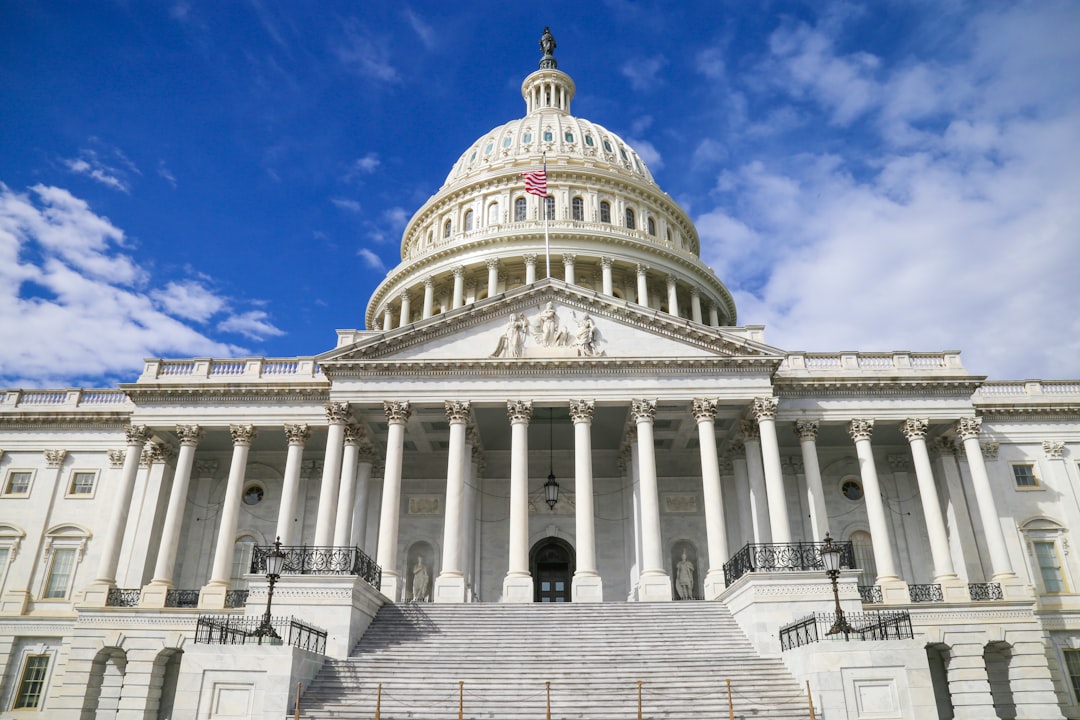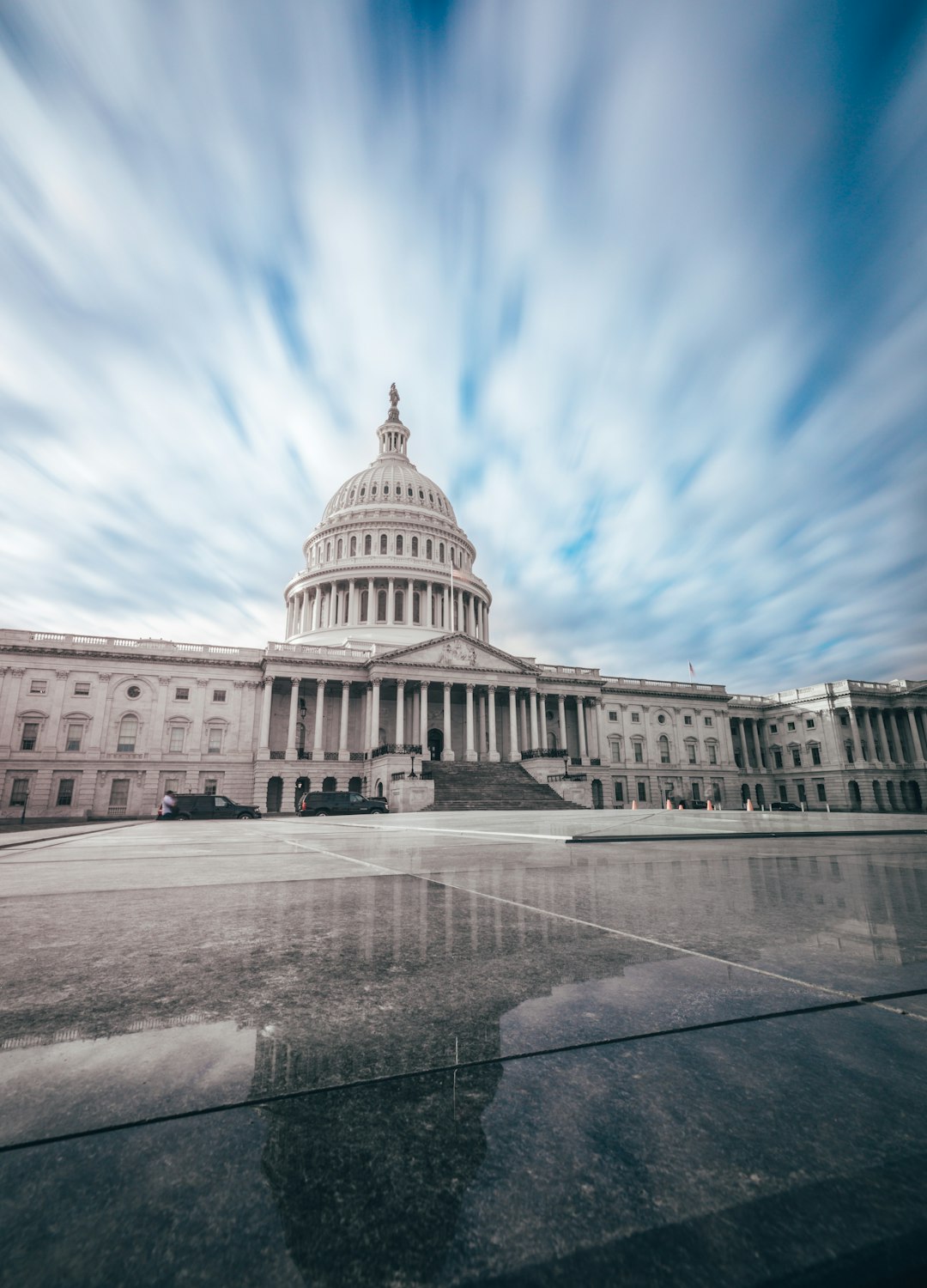In Washington State, the No Call Law protects residents from unwanted telemarketing calls and scammers by prohibiting businesses from contacting consumers on the Do Not Call list. No Call Law firms guide residents through registration processes, manage call restrictions, and fight fraud. To combat scam calls in Moses Lake, consumers should identify suspicious calls, record details, report them to the FTC, and register with Do Not Call lists. Using these measures and No Call law firms enhances privacy and financial security.
In Moses Lake, Washington, understanding local laws is key to staying ahead of scam calls. The state’s ‘No Call Law’ restricts telemarketers from making unsolicited calls, significantly reducing unwanted contact. This article guides residents on identifying and reporting scam calls, offering practical tips to protect yourself. By learning to avoid and handle these calls, Moses Lake folks can safeguard their personal information and financial security, ensuring peace of mind in a digital age where such scams thrive. Discover how ‘No Call Law’ firms in Washington play a vital role in this process.
Understanding Washington's No Call Law and Its Impact on Scam Calls
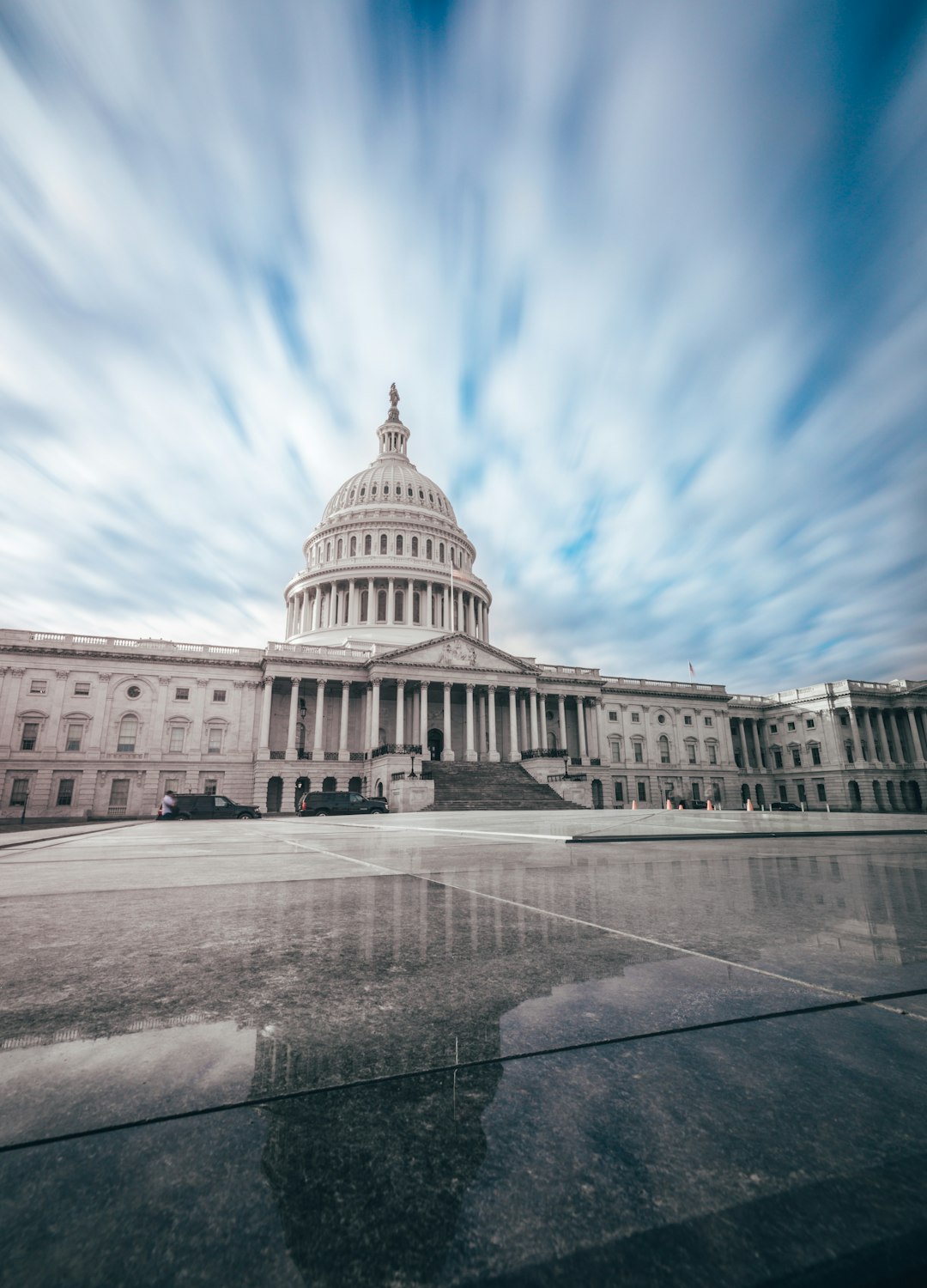
In Washington State, the No Call Law is a powerful tool designed to protect residents from unwanted telemarketing calls, including scam attempts. This law prohibits businesses and organizations from making phone calls to consumers who have registered on the Do Not Call list. By registering your number with the state, you assert your right to be free from persistent sales or marketing calls. The impact of this law on scam calls is significant; it reduces the volume of fraudulent inquiries and provides residents with a layer of protection against potential financial losses.
No Call Law firms in Washington play a crucial role in ensuring compliance with these regulations. They assist consumers by helping them register their numbers, providing guidance on managing call restrictions, and offering advice on dealing with persistent scammers. With the rising number of sophisticated scam calls, understanding and utilizing this state legislation is essential for Moses Lake residents to safeguard their privacy and financial security.
Identifying and Reporting Scam Calls in Moses Lake

In Moses Lake, just like in many parts of Washington state, scam calls are a common nuisance. Identifying these calls is the first step to protecting yourself. Look out for unknown numbers with long pause times or repetitive dial tones—these are often automated systems used by scammers. Additionally, be wary of calls claiming to be from government agencies, banks, or reputable law firms demanding immediate payment or personal information under threat of legal action.
If you receive a scam call, don’t hang up immediately; instead, take note of the caller ID and any details about the call. Report these calls to the Federal Trade Commission (FTC) using their Do Not Call registry. In Washington state, there’s also the No Call Law firms that help protect residents from unwanted telemarketing calls. By reporting scam calls, you not only aid in preventing others from becoming victims but also contribute to a broader effort to combat fraud and protect consumer rights.
Protecting Yourself: Tips to Avoid and Handle Unwanted Calls
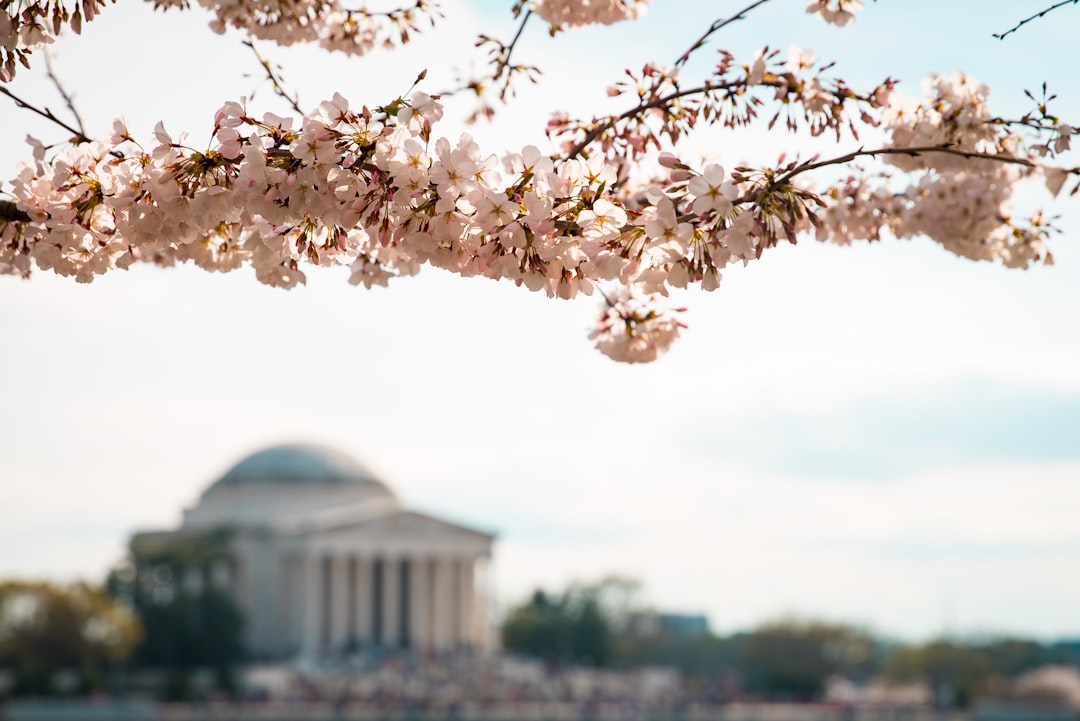
Protecting yourself from scam calls is an important step in maintaining your peace of mind, especially in a place like Moses Lake, Washington, where No Call law firms are a common resource. These laws are designed to prevent unwanted telemarketing calls, but it’s also crucial for individuals to take proactive measures to avoid becoming a victim. One effective strategy is to be cautious when sharing your contact information. Be wary of filling out forms or providing details over the phone unless you recognize and trust the caller. Scammers often use tricks like pretending to be from government agencies or reputable companies to trick people into giving away personal data.
Additionally, staying informed about common scams is vital. Keep an eye on local news for updates on any new fraudulent activities in your area. You can also register with Do Not Call lists, which are regulated by the Federal Trade Commission (FTC), to reduce the volume of unsolicited calls you receive. Remember, if a call seems suspicious or too good to be true, it’s best to hang up immediately and report it to local law enforcement or the FTC.
